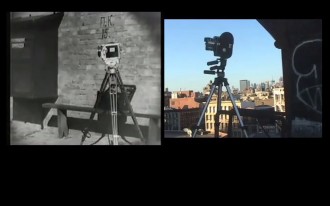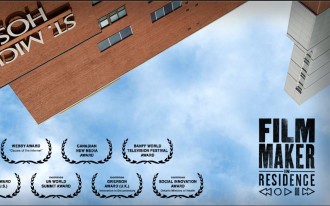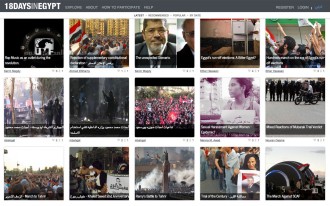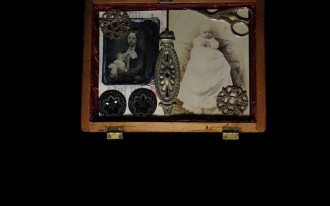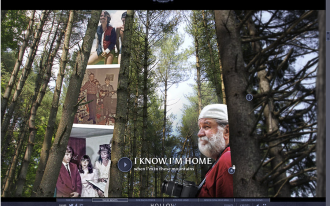Mandy Rose is Associate Professor and Director of the Digital Cultures Research Centre, University of the West of England.
Her own research looks at the intersection between documentary and networked culture. She is co-convenor of the i-Docs Symposium. Mandy has led ground-breaking participatory media projects for the BBC including the Mass Observation inspired camcorder project, Video Nation (94-2000) and the pioneering U.K. digital storytelling project, Capture Wales (2001-2007). She has devised and produced interactive projects including My Science Fiction Life (2007) and the Are you happy? project (2013). Her recent writing appears in The Documentary Film Book (Palgrave) and Studies in Documentary Film (Vol. 6 Issue 2). She is the author of the CollabDocs blog.
Documentary as Co-Creation
In the context of networked culture the ground beneath documentary has shifted. Cheap, accessible, and mobile production tools make the audience (potential) media makers. Digital platforms and ubiquitous connectivity foster interaction and dialogue. For the documentary project of telling stories about our shared world (Nichols) and asking how we want that world to be, this is fertile territory.
Many works in the _docubase engage with both aspects of this landscape. Building (at times explicitly) on 20th century precedents in participatory art, community and access video, documentarists seek approaches to making purposeful digital work with people rather than about them. They adopt a range of modes—acting as facilitators, curators, collaborators. They experiment with architectures of participation—sometimes across multiple platforms—seeking ethical and aesthetic strategies; ways to be true to participants and engage an audience; to create the conditions within which a necessary story can be told in a context of meaningful dialogue.
Some of the most interesting projects emerging today suggest how documentary might develop as a stage on which participants can act as publics, calling attention to shared concerns, and redefining public discourse.


